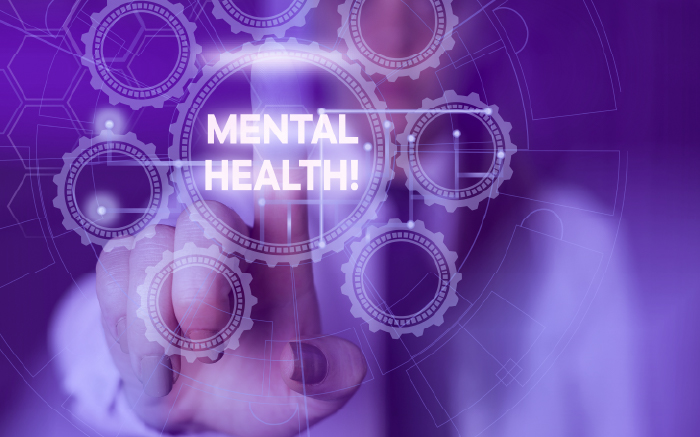Living with Attention Deficit Hyperactivity Disorder (ADHD) presents unique challenges that can affect many parts of life. The path to healing starts with knowledge, and knowing the right strategies, support, and treatments available can help those struggling to find the peace they need to succeed.
Understanding ADHD
ADHD is a neurodevelopmental disorder characterized by patterns of inattention, hyperactivity, and impulsivity. It’s important to understand that ADHD is a part of who someone is, and while it can present challenges, it also comes with unique strengths such as creativity, energy, and the ability to think outside the box.
Strategies for Managing ADHD
1. Professional Support
The first step in the healing process is working with healthcare providers to find effective treatments, including medication, therapy, or a combination of both. Behavioral therapy can help develop coping strategies, while medications reduce symptoms of inattention and hyperactivity.
2. Structured Routines
People with ADHD often benefit from structured routines and organization systems to manage time effectively, stay on task, and reduce their feeling of being overwhelmed.
3. Education and Advocacy
Understanding ADHD and educating those around you can help create a supportive environment. Advocacy is also important for making those who are struggling feel less alone and to help foster inclusive spaces.
4. Focus on Strengths
Individuals with ADHD often excel in areas that interest them. Focusing on strengths and passions can lead to fulfilling careers and hobbies.
5. Build a Support Network
Support from friends, family, and support groups can be invaluable. Sharing experiences and strategies with others who understand ADHD can offer encouragement and practical advice.
Challenges and How to Overcome Them
Stigma and Misunderstandings
Stigma and misunderstandings about ADHD can lead to feelings of isolation or inadequacy. Education and advocacy are key to changing perceptions and building a more inclusive society.
Relationship Difficulties
Communication and understanding are crucial in relationships. Being open about the challenges of ADHD and working together to find strategies that work for both parties can strengthen relationships.
Workplace Challenges
Seeking accommodations, such as a quiet workspace or flexible scheduling, can help manage ADHD symptoms at work. It’s also beneficial to choose a career that aligns with your interests and strengths.
Living a “Normal” Life with ADHD
Living with ADHD means adapting to the condition’s challenges while embracing the unique perspectives and strengths it brings. A “normal” life with ADHD is not about conforming to a standard set by society but about creating a fulfilling life based on personal success, happiness, and well-being.
While ADHD can present challenges, with the right support, strategies, and mindset, individuals with ADHD can lead vibrant and successful lives. It’s about managing symptoms, leveraging strengths, and making adjustments to find what works best for each person.






